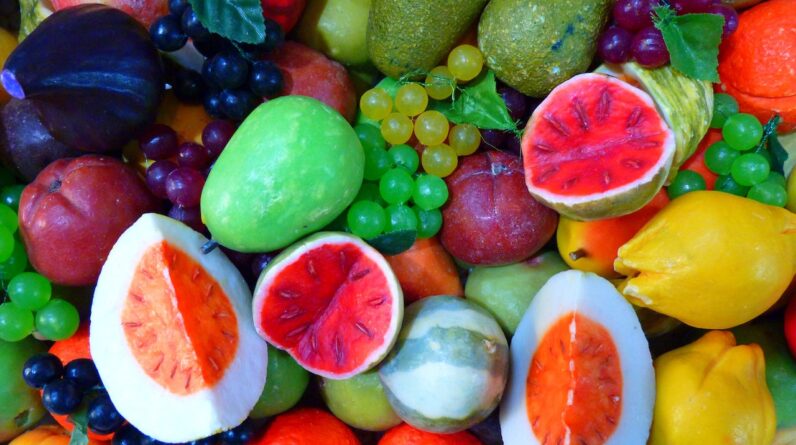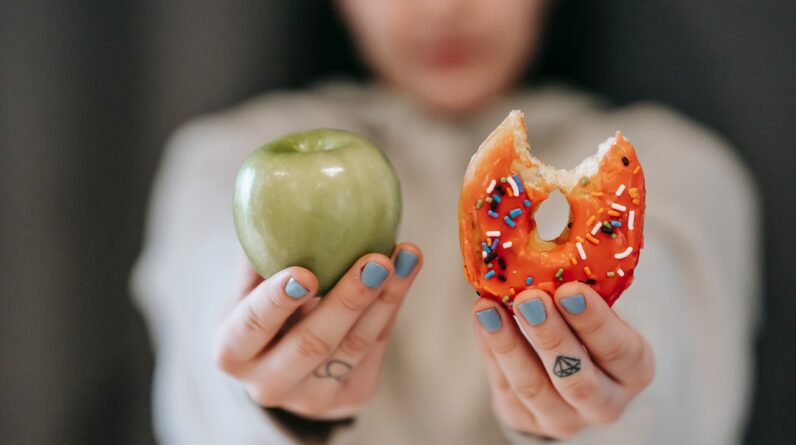
Introduction
We’ve all heard the saying, “an apple a day keeps the doctor away.” But is it really true? And are there other fruits that might have a similar or even greater impact on our health? If you’ve ever asked yourself, “What is the best fruit to eat every day?” then this article is for you.
Why Fruits are Essential for Daily Life
First and foremost, it’s important to understand that fruits are packed with vital nutrients. They’re our bodies’ natural source of vitamins, minerals, and fiber, all of which play a crucial role in keeping us healthy.
Nutritional Values of Fruits
Each fruit boasts a unique profile of nutritional benefits. From heart-healthy antioxidants to energy-boosting natural sugars, the nutritional offerings of fruits are endless.
Decoding the Best Fruit to Eat Every Day
Apples: An Apple a Day…
Yes, there’s some truth to that old saying. Apples are rich in dietary fiber, which helps control hunger and maintains heart health.
Benefits of Eating Apples
From maintaining oral health to potentially lowering the risk of diabetes, apples truly pack a punch when it comes to health benefits.
Berries: A Bowl Full of Antioxidants
Berries, like blueberries and strawberries, are known for their high antioxidant content.
Why Berries are Considered Superfoods
These small fruits can help slow down brain aging and improve memory, all while being exceptionally delicious!
Bananas: The Energy Powerhouse
Bananas are high in potassium, which is important for heart health and blood pressure control. They’re also great for boosting energy.
Exploring the Nutritional Content of Bananas
Apart from potassium, bananas are also high in vitamin B6 and are good for digestive health.
Oranges: The Vitamin C Source
Oranges are widely known for their high Vitamin C content, which is key for boosting the immune system.
Impact of Oranges on Immunity
High in fiber and hydrating, oranges are a great daily fruit option, particularly in cold and flu season.
Finding the Right Fruit for You
While we’ve highlighted some of the best fruits here, it’s important to consider your own dietary needs and preferences when choosing a daily fruit.
Factors to Consider when Choosing Daily Fruit
Consider nutritional content, any dietary restrictions you may have, and of course, your taste preference.
A Healthy Balance: Moderation is Key
While fruits are incredibly healthy, they do contain natural sugars and should be eaten in moderation as part of a as part of a balanced diet.
A Healthy Balance: Moderation is Key
While fruits are incredibly healthy, they do contain natural sugars and should be eaten in moderation as part of a balanced diet.
Exploring the World of Fruits
We’ve talked about apples, berries, bananas, and oranges, but there’s a whole world of fruits out there!
Exotic Fruits to Try
From the nutrient-rich papaya to the antioxidant powerhouse that is the pomegranate, trying new fruits can be an exciting and tasty way to enhance your diet.
Wrapping Up
When it comes to determining the best fruit to eat every day, it really depends on your personal preference and nutritional needs. But one thing is for sure: incorporating a variety of fruits into your daily diet can offer a range of health benefits. So, go on and add some colorful fruits to your plate. Your body will thank you!
FAQs
1. Can I eat more than one type of fruit every day? Absolutely! Variety is key to a balanced diet.
2. Are frozen fruits as healthy as fresh ones? Generally, frozen fruits retain their nutritional value and can be a good option when certain fruits are out of season.
3. Is it possible to eat too much fruit? While fruits are healthy, they should be consumed in moderation due to their sugar content.
4. What are the benefits of eating fruit in the morning? Eating fruit in the morning can provide an energy boost and help kickstart your metabolism.
5. Can fruit help me lose weight? Fruits are low in calories and high in fiber, which can help you feel fuller for longer and reduce overall calorie intake. However, a balanced diet and regular exercise are key to healthy weight loss.
6. How can I incorporate more fruit into my diet? There are numerous ways to incorporate more fruit into your diet: from adding them to your breakfast cereal or oatmeal, to using them in salads, or as snacks throughout the day.
7. Do I need to wash organic fruit? Yes, it’s always a good practice to wash all fruits before eating to remove any dirt or bacteria that might be on the surface.
8. Are fruit juices a good substitute for whole fruits? While fruit juices can be a part of a balanced diet, they lack the fiber content of whole fruits and often contain added sugars. It’s generally better to consume whole fruits.
9. What fruit has the least sugar? Berries, such as strawberries and blackberries, have some of the lowest sugar content among fruits.
10. Can fruit be part of a diabetic diet? Yes, but the type and amount should be monitored due to the sugar content in fruits. Berries, cherries, peaches, apricots, apples, oranges, and pears can be good choices for those managing diabetes.







